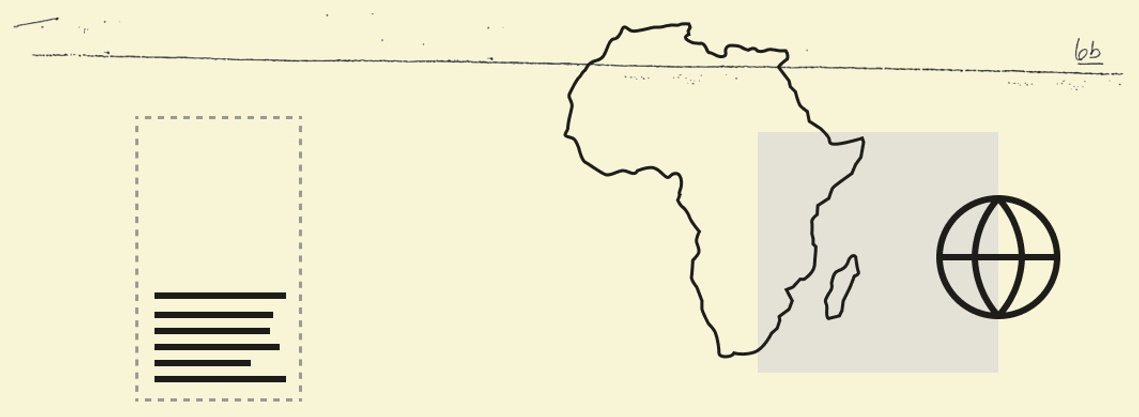 Deals Florian Plaucheur/AFP via Getty Images Florian Plaucheur/AFP via Getty Images🇳🇬 Shell’s bid to sell its onshore assets in Nigeria to Renaissance Africa Energy — a consortium of Nigerian and Swiss companies — for up to $2.4 billion was approved by the government on Wednesday. It follows the oil giant’s announcement earlier this week that it will invest in a deep-water reserve in southern Nigeria that could produce 110,000 barrels of oil per day. 🇿🇦 State-owned company Telkom received the South African telecoms regulator’s approval to sell Swiftnet, its masts and towers unit, for 6.75 billion rand ($373 million) to a consortium led by private equity firm Actis. 🇿🇦 South Africa asset manager Futuregrowth invested 150 million rand ($8.3 million) in Sourcefin, a local lender to small and medium sized businesses. Energy🇰🇪 The Kenyan government extended an oil supply deal with Saudi Aramco, Abu Dhabi National Oil Company, and Emirates National Oil Company. Geopolitics 🇲🇺 Mauritius’ new premier Navin Ramgoolam called for the renegotiation of a deal, agreed in October, under which the UK would hand sovereignty of the Chagos islands to his country but retain control of the UK-US military base on Diego Garcia, one of the islands. Governance 🇿🇦 South Africa’s government closed more than 1,000 small convenience stores, known locally as spaza shops, to prevent the sale of pesticide-laden food linked to the deaths of 38 children nationwide. 🇹🇿 Tanzania’s government launched an initiative aimed at regulating the importation, registration and use of electric vehicles. |